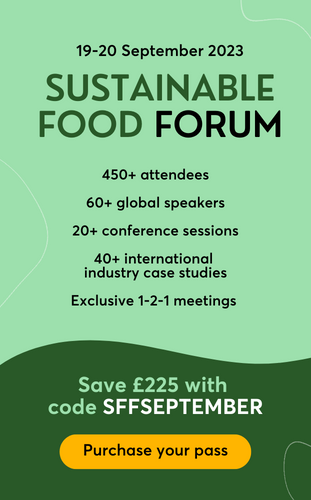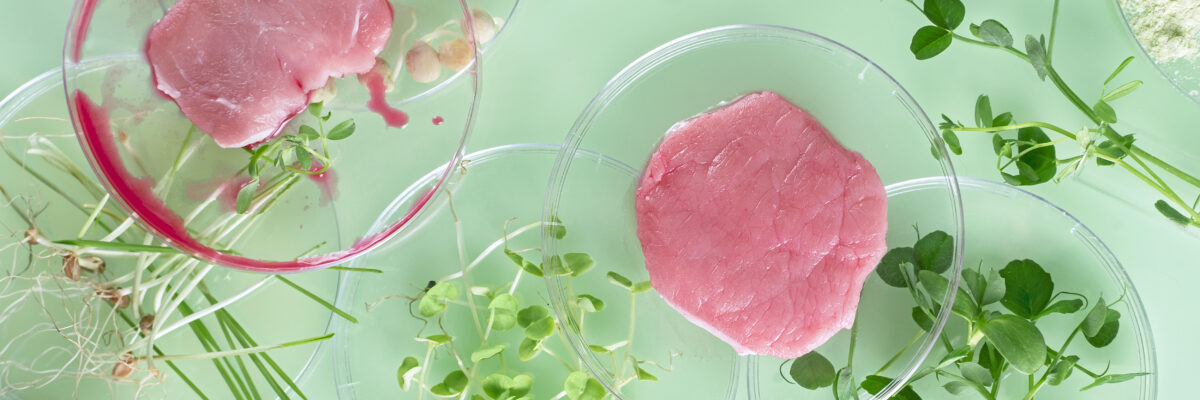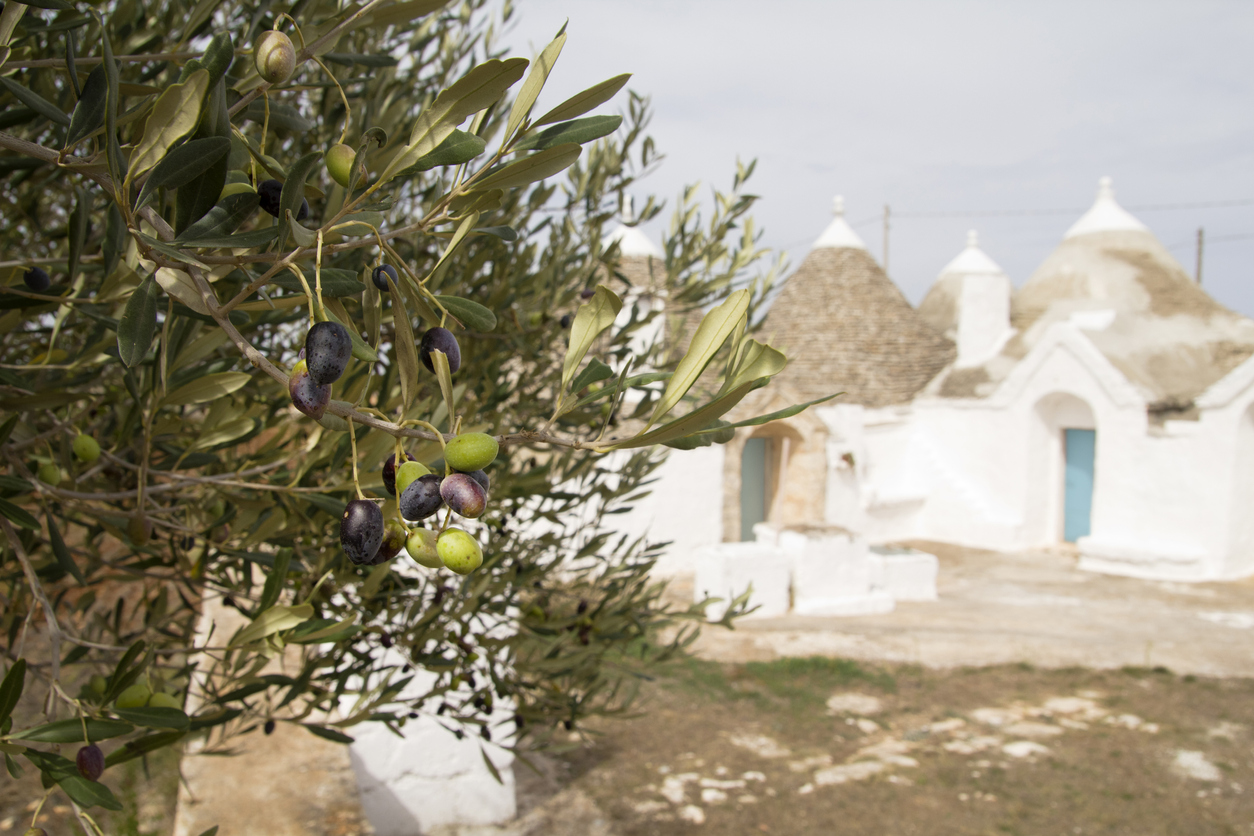Italy proposes to ban production of cultivated meat and ‘synthetic foods’

The Italian Council of Ministers has supported a bill to ban the sale and production of cultivated meat, feed and other ‘synthetic foods’ in Italy.
The move, the government says, was made in an effort to protect the country’s food heritage, and is part of the right-wing Prime Minister Giorgia Meloni’s efforts to safeguard ‘Made in Italy’ products.
A government statement explained the proposal was also drafted to protect citizens’ health and the country’s farming sector.
If approved by parliament, the law would apply to producers and sellers of any cultivated food products including meat, fish and dairy. A €10,000-€60,000 fine for anyone who breaches it would also be introduced, and factories choosing to ignore the law would be forced to close.
Minister of Agriculture, Food Sovereignty and Forestry Policies, Francesco Lollobrigida said in a statement: “Laboratory products do not guarantee quality, well-being and the protection of the Italian food and wine culture and tradition, to which part of our tradition is linked,”
The government also cited its belief in the benefits of the Italian Mediterranean diet – typically comprised of olive oil, fresh fruits, vegetables, fish and white meat – as the reason behind banning cultivated meat in Italy.
The news has been supported by local farmers and chimes with largely negative consumer opinion on cultivated meat in the country. According to a survey published in Italia a Tavola, some 84% of Italians are against the idea of consuming lab-grown foods.
Animal welfare campaigners and NGOs have heavily criticised the move as cultivated products could potentially tackle growing greenhouse gas emissions and future food insecurity.
Alice Ravenscroft, Head of Policy at Good Food Institute Europe commented on the bill in a statement: “The passing of such a law would shut down the economic potential of this nascent field in Italy, holding back scientific progress and climate mitigation efforts, and limiting consumer choice.
“It could prevent Italian scientists from undertaking crucial work, and ban Italian cultivated meat startups from existing at all. Italy would be left behind as the rest of Europe and the world progresses towards a more sustainable and secure food system. And the 54% of Italians who already want to try cultivated meat would be banned from doing so.
“The EU already has a robust regulatory process in place for confirming the safety of new foods like cultivated meat, and regulators in the United States and Singapore have already found it to be safe. The government should let Italians make up their own minds about what they want to eat, instead of stifling consumer freedom.”
In recent months, Italy has also introduced a decree which prohibits the use of flours fortified with insects like crickets or locusts in popular Italian products like pizza and pasta.
This month Italy also proposed a new bill to prevent the inclusion of ‘meaty’ nomenclature on the labelling of plant-based products, such as ‘burgers’ and ‘sausages’. Again, the government said legislation would help to support livestock production in the country. France tried to stop vegan products from being labelled as ‘bacon’, ‘steak’ and the likes, but was not successful.
Despite the controversial move, Italy is making efforts to build a more sustainable food system. In October 2021 Milan, won the EarthShot Prize’s Build a Waste-Free World award for its Local Food Hubs project, an initiative created to redistribute surplus food to those in need, effectively cutting down food waste whilst feeding those in need.
The country has also reduced its emissions at a faster pace than the EU average since 2005. By 2020 they were 13% lower compared to 2005, with energy industry emissions down by 42% between 2005 and 2019, although the country’s GHG from agriculture were lagging behind, showing a lower reduction.









